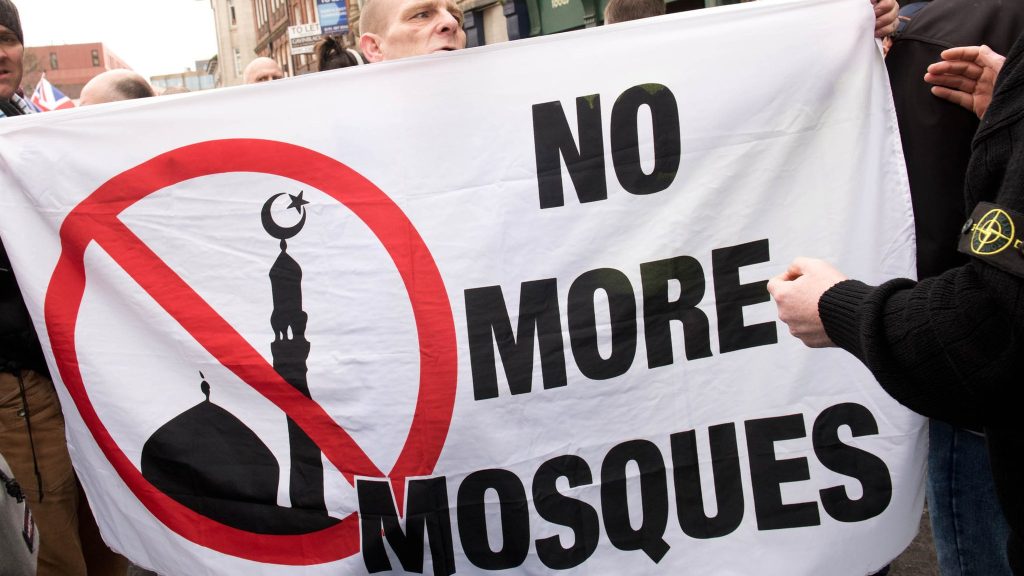
A Senate committee studying the issue of Islamophobia in Canada has found that violence against Muslims and Islamophobia are deeply entrenched in Canadian society. According to the committee on human rights, Muslim women who wear hijabs, especially Black Muslim women, are the most vulnerable. The committee’s findings indicate that confronting Islamophobia in various public spheres is difficult.
The committee chair, Sen. Salma Ataullahjan, said in a phone interview with The Canadian Press, «Canada has a problem. We are hearing of intergenerational trauma because young kids are witnessing this. Muslims are speaking out because there are so many attacks happening and they’re so violent.»
Many Muslims across Canada live with constant fear of being targeted, especially if they have experienced an Islamophobic attack, witnessed one, or lost a loved one to violence. Ataullahjan added that some women were afraid to leave their homes and take their children to school, and many were spat on. Muslims have to look over their shoulder constantly.
Last month, Statistics Canada released figures indicating police-reported hate crimes targeting Muslims increased by 71% from 2020 to 2021. The rate of the crimes was eight incidents per 100,000 members of the Muslim population, based on census figures.
The committee’s senators, analysts, translators, and other staff spoke with Canadians who attend mosques, Muslims who were victims of attacks, teachers, doctors, and security officials, among others, during their travels to Vancouver, Edmonton, Quebec, and across the Greater Toronto Area.
The committee’s findings will be published in a report, which the committee began drafting this week. The final version of the report, set to be published in July, is expected to include recommendations on what can be done to combat Islamophobia and how the government can better support victims of attacks.
Among the committee’s findings is an observation that attacks against Muslims often appear to happen out on the streets and appear to be more violent than those targeting other religious groups. Analysts and experts interviewed by the Senate committee said the rise of far-right hate groups and anti-Muslim groups are among the factors driving attacks against Muslims.
The committee’s report will also address recent violence against Muslims, including an alleged assault outside a Markham, Ont., mosque where witnesses told police a man tore up a Qur’an, yelled racial slurs, and tried to ram a car into congregants.
The National Council of Canadian Muslims said the initial findings align with what it has been observing and trying to inform government leaders about for years. The council hopes that the report will help Canadians familiarize themselves with the Muslim community and make recommendations similar to suggestions the council has already put forward, including changes to hate crime legislation, creating policies that would prevent hate groups from gathering near places of worship, and legislation to deal with online hate.
In conclusion, the Senate committee’s study highlights the deeply entrenched problem of Islamophobia in Canada and the need for immediate action to combat it. The findings of the report will be crucial in guiding the government’s efforts to address this pressing issue and support the victims of Islamophobic attacks.